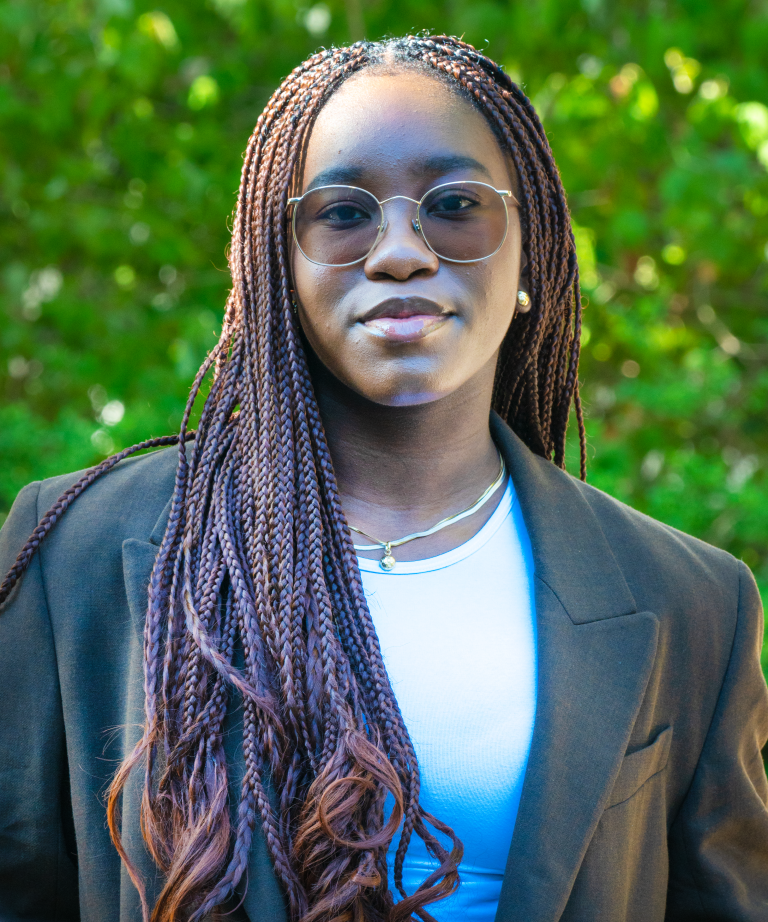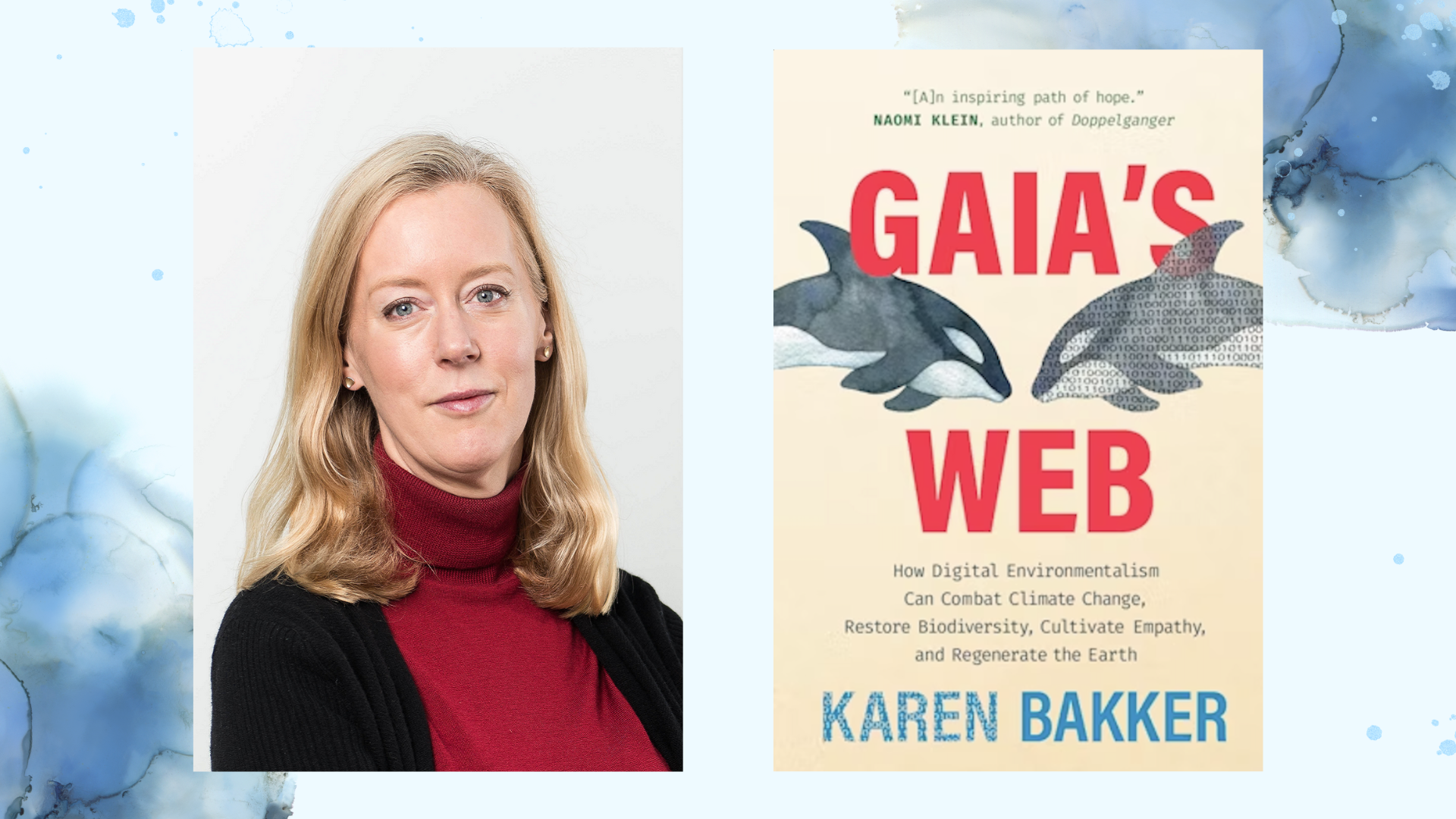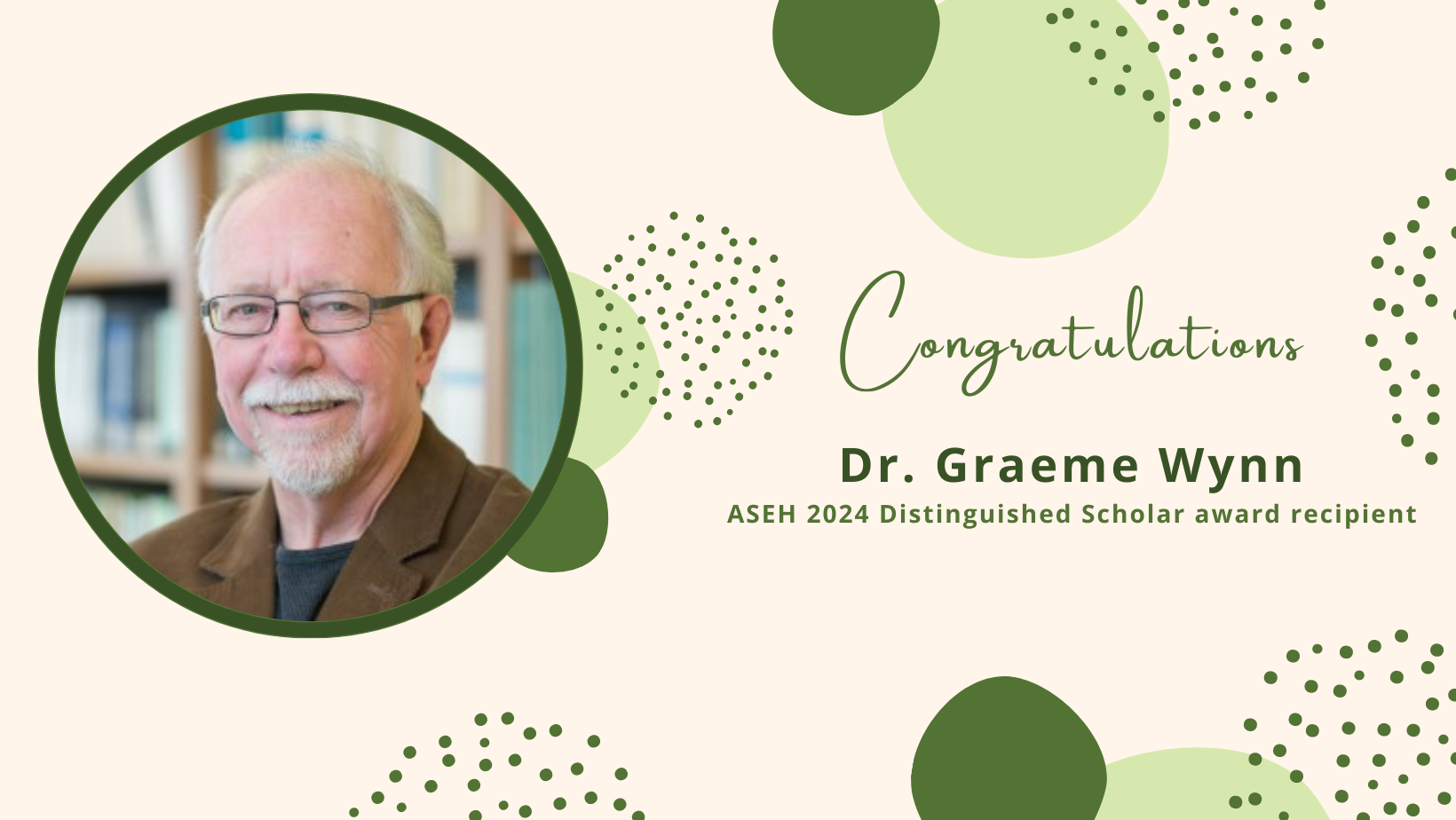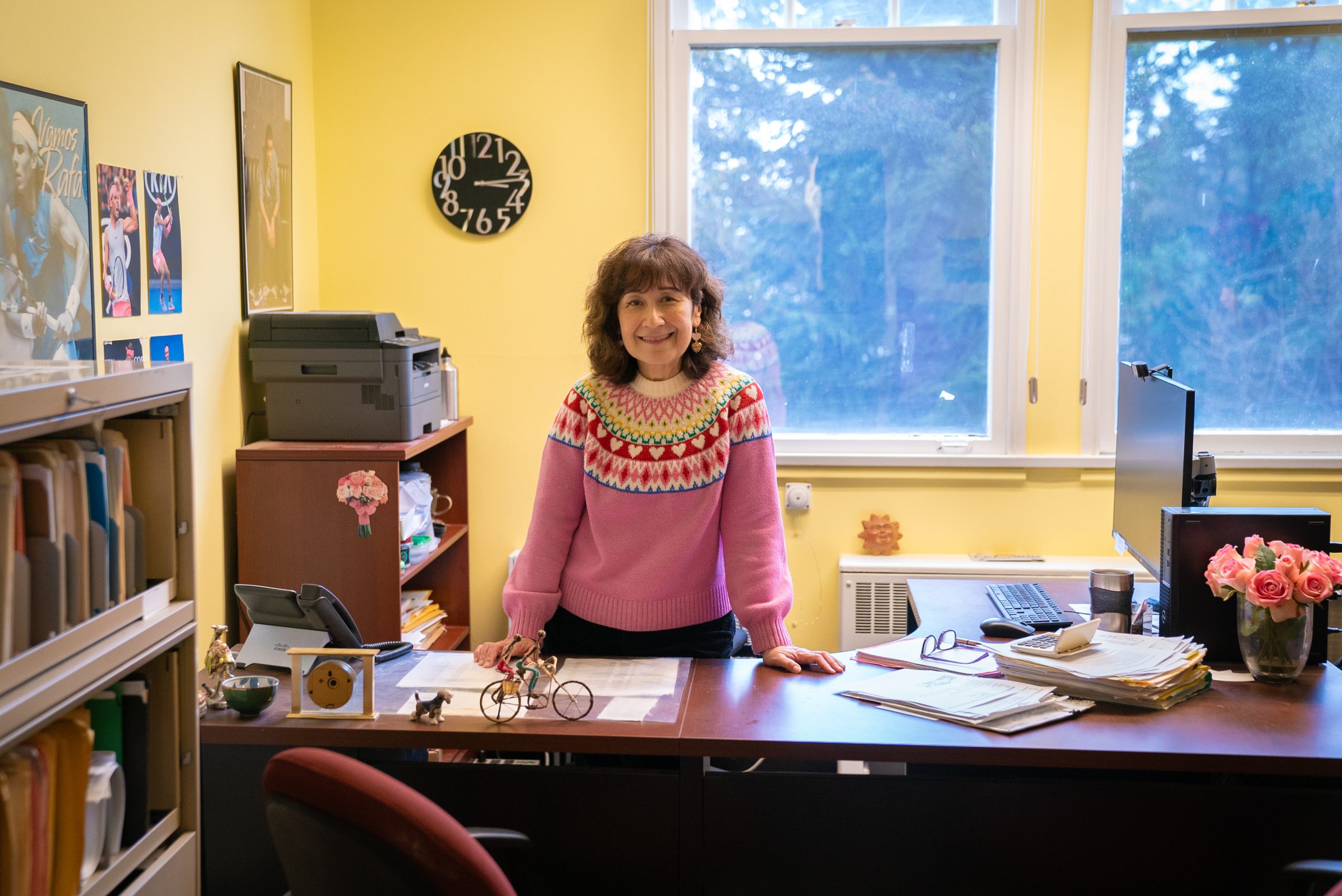

Abena Somiah is an MA student at UBC Geography, and a 2022/23 Center of Japanese Research Fellow. She was recently named a Centre for Migration Studies Fellow.
She is also Co-Librarian and Director of Acquisitions at the Vancouver Black Library.
What is your current research project/question?
I’m interested in the migration of sub Saharan Africans to Japan. It’s a migration that very few people know about, but my family was personally affected by this process.
The Japanese Embassy has been a long standing presence in places like Ghana and Nigeria, and they’ve had programs where you can get visas to go to Japan and stay there long term for work. Usually, it’s low level labour. Not quite the English teacher jobs that you hear about more often these days.
But my uncle has been there for over 20 years, and I have another great uncle who has been living there even longer. My cousins who have been born and raised there have never even seen Ghana.
So it was always a very interesting concept, because my uncle would come back with all of these objects and things from Japan; CDs, rice cookers, and other little home appliances and newspapers… and as a child, I was just so fascinated.
I would ask; “Are there other other people like you?” He would always say, “Yes, there are communities of African people who have moved there and who have relationships there.”
That’s what led me to where I am today; thinking about what community building looks like for Black Africans in Japan. How does it differ in terms of race and identity-making when it comes to comparing the African communities in Japan to say, the Caribbean community, or the African American community there, who have very different histories of how they got to Japan. That’s where I want to go with my research, but it’s still very early.
But in terms of the context that we’re living in, where questions of race are becoming so mainstream, especially after 2020… it’s really time to think about how we define citizenship and identity in more places than just North America and Europe. For us to realize that these are really fluid questions, and to find new ways of rebutting those who think that citizenship can only look one way.
How open is Japan to migration, compared to a country like Canada which is looking to attract a lot of different workers?
Japan is really grappling with a whole demographic shift; a lot of their population is getting older, and they have less and less of a labour force. So immigration always seems like a very easy option.
But will a country that has seen itself as ethnically homogenous for so long, and that has had a history of closing itself off from the rest of the world, be willing to accept that? That’s the question.
So with my research, I try to get into the reality of it, where the Japanese government has been open to immigration to an extent – once it fulfils its goals.
But when it comes to thinking about multiculturalism, it gets complicated. There are already minorities and ethnic groups who have been present in Japan for a very, very long time. So what does it look like when you have a multiculturalism that’s asking, “How do we let Europeans and Black people, who are now here, coexist with Japanese people?” That’s the word they like to use. Not integration. Not really thinking about a new type of Japanese citizenship. It’s coexistence. It’s living together.
So thinking about how that distances itself from what we might see as multiculturalism, where the idea is that a Canadian can now look like anyone and we all have a place in this country. Whereas the Japanese people are one set group that lives with other people on Japanese territory. That’s what Japanese multiculturalism tends to look like when you really look into it.
What does being a CMS Fellow mean to you?
I’d always been interested in migration studies. I did a minor in diaspora and transnational studies when I was at the University of Toronto, so I really wanted to find a community of researchers interested in migration at UBC.
As soon as I found the Centre for Migration Studies, I knew I wanted to be a student affiliate. I was going to sign up for that regardless, but then I took a politics of migration and transnationalism course last semester with Professor Antje Ellerman, and she told us about the fellows opportunity.
So far, it’s been nice to meet other people who are interested in what I’m interested in. The financial support has been great, because academic books are expensive! They give us the opportunity to present the research that we’re currently doing to other fellows, and to also participate in their research groups, which they have several of. So those are all really great opportunities that can help develop your own projects.
I’ve also been trying to talk more with others who are interested in African-based or Black migrations. So it’s been interesting so far!
How are you enjoying the transition to geography, as a discipline?
I wasn’t ever a geographer. I never even did geography in my undergrad! But I realized quickly that geography was really the right place to house my thinking because… Migration? Very geographic. Diaspora work? Extremely geographic. Transnationalism? So geographic. In thinking about all these main ideas, and discovering the field of Black geography, I realized that this is really where I’m meant to be. So I’m glad to be in this discipline.
Thank goodness for geography and its very stretchy nature, meaning that I can go and grasp a little bit from sociology and a little bit from political science to help me out along the road!


